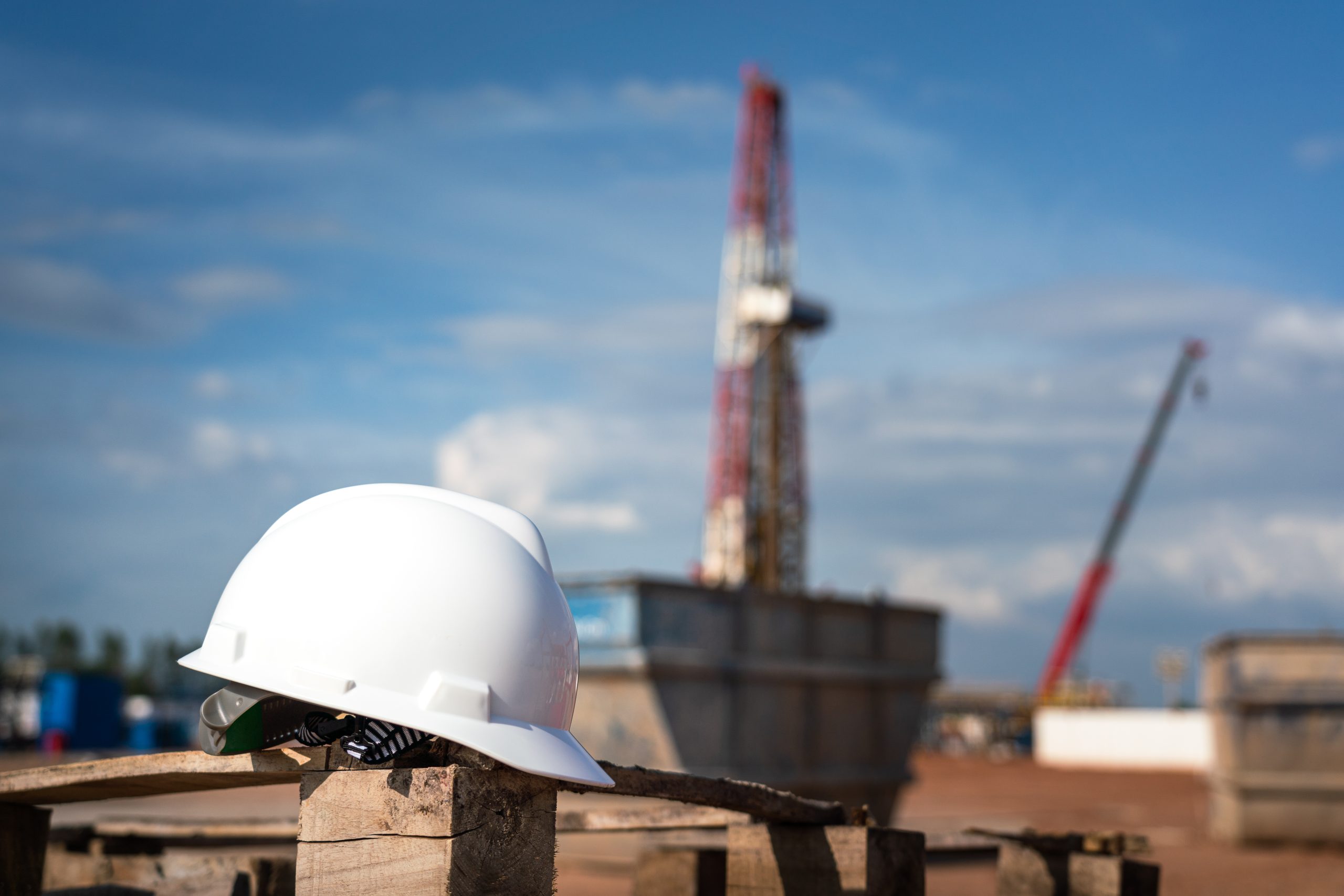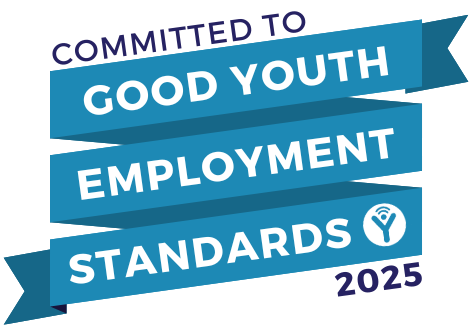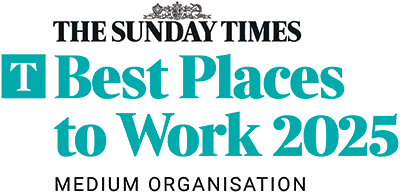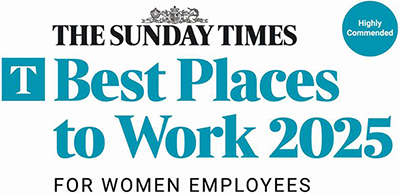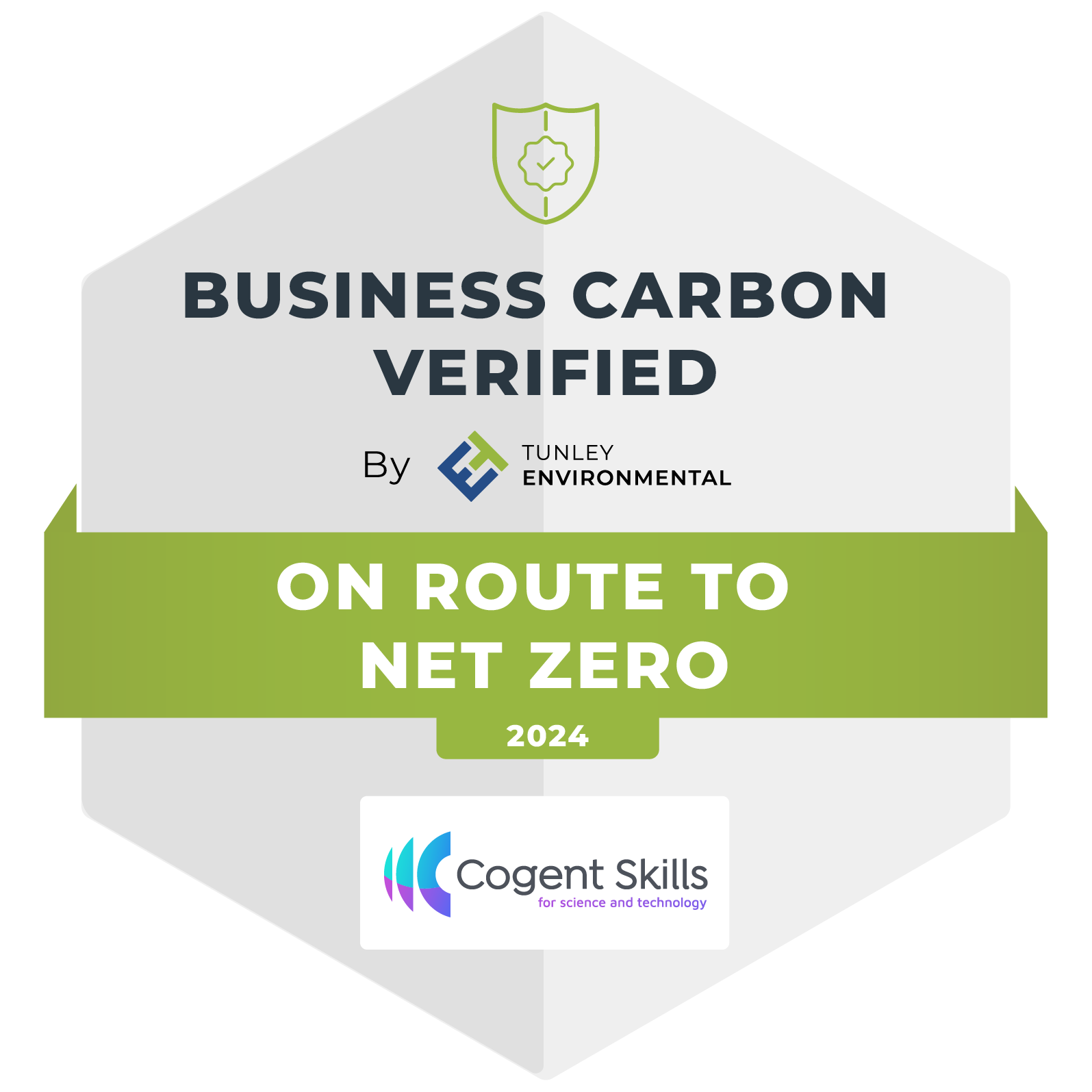July 6 1988 is sadly etched on many memories as the date of the world’s biggest offshore disaster. The series of explosions which caused the collapse of the Piper Alpha oil platform led to the loss of 167 men and damage worth as much as £2 billion (more than £5 billion in today’s values).
I was in my mid-twenties at that time, having just completed offshore survival training and ready to go to work in the North Sea. I would spend the next ten years of my life working on the sister rig to Piper Alpha, Claymore and would then be employed directly by Occidental – the company which owned Piper Alpha.
I witnessed some of the improvements included in the Cullen Report into the disaster. I listened to some of the crew who were on leave the night of the explosions after they went through difficult days in a courtroom, and I saw significant changes in the culture throughout the North Sea with the advent of the new safety regime.
Fast forward to 2023 and what have we learnt? Major incidents are still happening far too frequently, such as at Toulouse, Texas City, Buncefield and the Gulf of Mexico, to name just a few.
On the positive side, some of the more than 100 recommendations in the Cullen Report have made a big difference to the industry. Though there was no immediate requirement to fit sub-sea valves on pipelines, the industry grasped the importance of removing and reducing inventory during an incident and many companies started commissioning projects for sub-sea valves.
The introduction of safety cases – with the onus on owners to demonstrate the safety of their operations – was another plus, as was the Health and Safety Executive taking over from the Department of Energy in the management of offshore safety.
Active and passive fire protection has also improved significantly, including the ability of fire pumps to survive during an emergency, blast walls to provide adequate protection and deluge systems that worked. Personnel also now have refuges where they can be isolated from the effects of smoke and toxic gases.
However, these improvements unfortunately tell a sorry tale of not just where Occidental was on that fateful night in 1988, but of how poor the offshore oil industry was performing in respect of safe working conditions – at that time, production was prioritised over safety.
Thankfully, the industry is in a much better place, but why are we still having major incidents 35 years later? A significant contributor is that, regrettably, profit still trumps safety in many boardrooms around the world. There is often a poor understanding of risk at senior management level within organisations – risk registers are full of commercial risk but little around major accidents. Indeed, very few boards have a process safety expert on them, even though they operate in the major hazard arena.
Simply, how can you direct budget and resources to the right areas if you do not understand your risk footprint? How do you run a business if you are making decisions with large pieces of the jigsaw missing? How can you develop a great safety culture on your sites if the safety culture of the board isn’t up to scratch?
Business leaders should be asking: Do we know what can go wrong? Do we know if we have systems in place to prevent it going wrong? And do we have all the information we need to ensure our systems are working properly?
Once the leaders of companies across the industry can answer yes to all three questions, they then must work out how to develop a first-class safety culture within their organisations.
Cogent Skills has been supporting high hazard industries with their Process Safety requirements for more than a decade. For an informal discussion about how we can help your business, contact our team on 01325 740900 or at [email protected]

